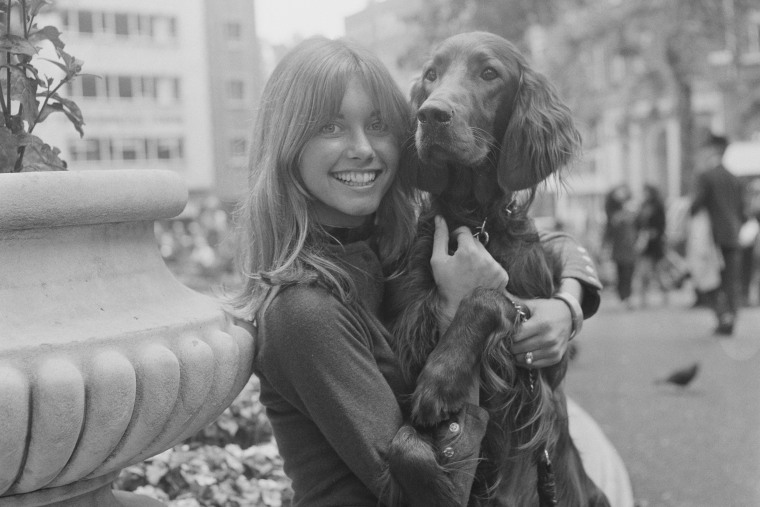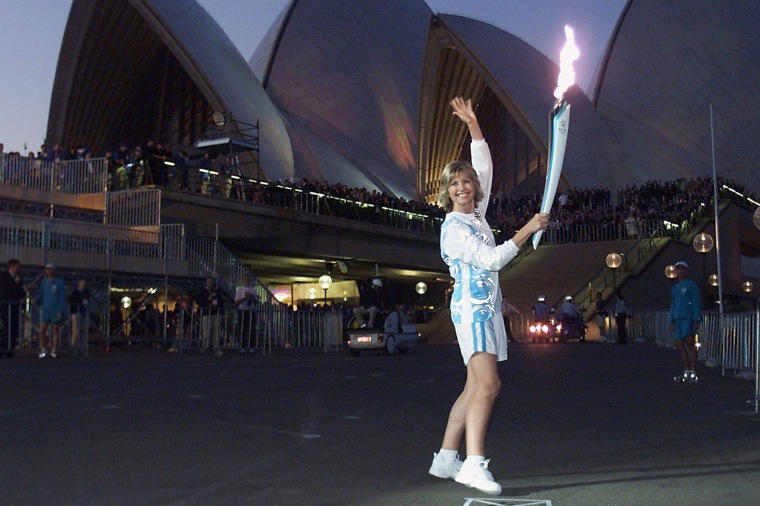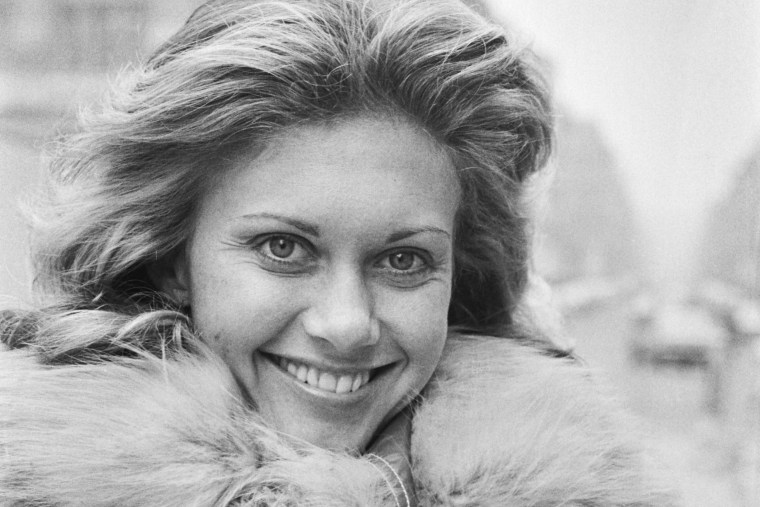One of the highest accolades that can be attributed to an Australian that has fought hard and come out on top is that of a “real Aussie battler.” Today, I can think of nobody more deserving of that moniker than Olivia Newton-John.
Newton-John became a household name across the world for playing Sandy in the 1978 musical “Grease.” The movie captures the quintessential American high school experience, with Newton-John its most apple pie character. But for the British-born and Australia-raised actress-singer, Hollywood was her adopted home.
Newton-John died Monday at the age of 73 in her house in Santa Barbara, California, but her life was that of a wanderer — like mine. Newton-John created the soundtrack to my childhood, but I identified with her on a deeper level. I felt a kinship with her dual British/Australian roots and her nomadic lifestyle (long before digital nomads were a thing).
Newton-John moved to Australia from England as a child but would occasionally return to England, most notably in 1965 to make her first record after winning an Australian talent contest and again in 1974 when she represented the U.K. in the Eurovision Song Contest. Her back-and-forth between the two countries, as well as her loyalty to both, was very similar to my peripatetic childhood.
In an interview with a television audience in America in 1980, Newton-John famously said that despite her Australian accent, she was technically “Miss Goody Two-Shoes from England.” Yet in her song “It’s Always Australia for Me,” written and recorded exclusively for “The Rumour” album for Australia’s bicentennial celebrations in 1988, Newton-John sings: “Know that we are blessed in our country/And realize how lucky we are/Safe beneath our southern star.”

She also sings about moving on. Like Newton-John, I, too, moved to Southern California, but unlike her, I never managed to seamlessly meld my British and Australian selves. Even as an adult, I have forever remained “the kid with the funny accent,” constantly looking to fit in. In America funny accents can get you good customer support phone service even when you’re spitting chips (translation: furious) — operators are endlessly enamored of your manner of speaking — but they don’t allow you to forget you’re an outsider.
Newton-John, however, not only took all this in stride but embraced it. She made a career out of fitting in wherever she went, accent be damned. Hollywood even adjusted the “Grease” script to accommodate her Aussie accent when she expressed concern at flubbing American English while debating whether to take the role. Here was a calm, self-possessed, poised young woman swimming in the big Hollywood shark tank, and unlike her transformation from good girl to vixen in “Grease,” she didn’t need black skin-tight leggings, sky-high heels or a cigarette dangling from her siren-red lips to get her way.
I yearned for an ounce of her confidence. As an 18-year-old in drama school in Sydney, I was told by my teachers that I was “too f---ing nice.” I wish I’d had the wherewithal to snap back, “It seems to be working just fine for Olivia Newton-John!”

Indeed, Newton-John became Australia’s first big silver screen export, paving the way for many Australian performers to follow suit. Yet despite her stratospheric superstardom, she led a humble, quiet life, all the while navigating extraordinary challenges, including the mysterious disappearance of her long-term partner in 2005, with steely grace.
Perhaps she was most outspoken on the subject of cancer research. She took a pull-no-punches approach when it came to her own 30-year struggle with breast cancer, to which she ultimately succumbed this week. In an interview with The Guardian in 2020 she said, “I think every day is a blessing. You never know when your time is over; we all have a finite amount of time on this planet, and we just need to be grateful for that.” The reporter noted that “She genuinely sounds as if she means every word.”
And why not? Olivia Newton-John was that rare creature, a genuine girl-next-door in Hollywood. A pop-star parents approved of and a role model to young girls everywhere. It was no surprise when Queen Elizabeth officially made her a dame in 2020 for services to “charity, cancer research and entertainment.”
Upon hearing she was a recipient, she told the Associated Press, “As a girl born in Cambridge, I am very proud of my British ancestry and so appreciative to be recognized in this way by the United Kingdom.”
Once again, Olivia Newton-John showed she could navigate seamlessly between the two countries where she had been raised. I continue to strive for that balance.
Rest in peace, Aussie battler.
